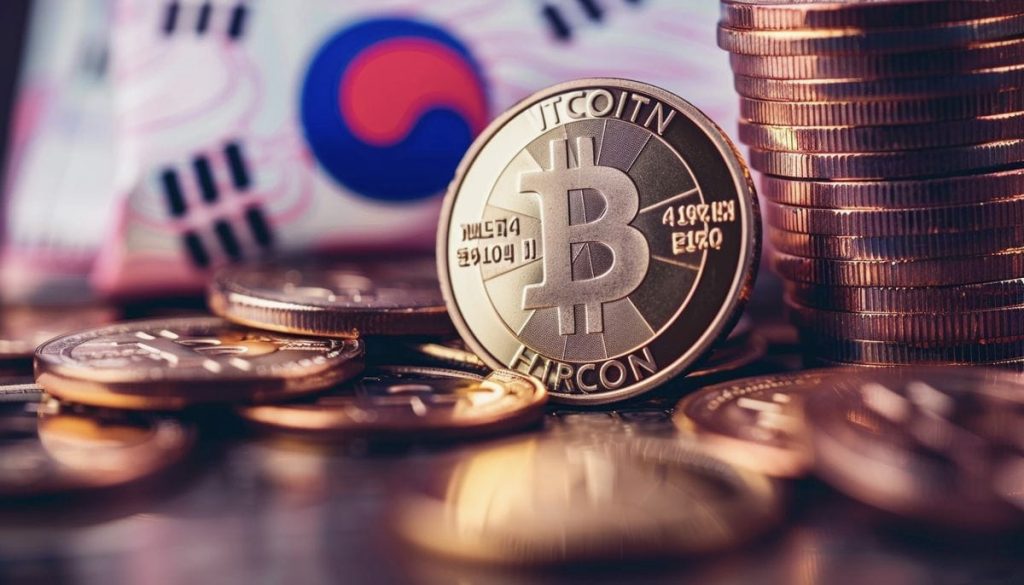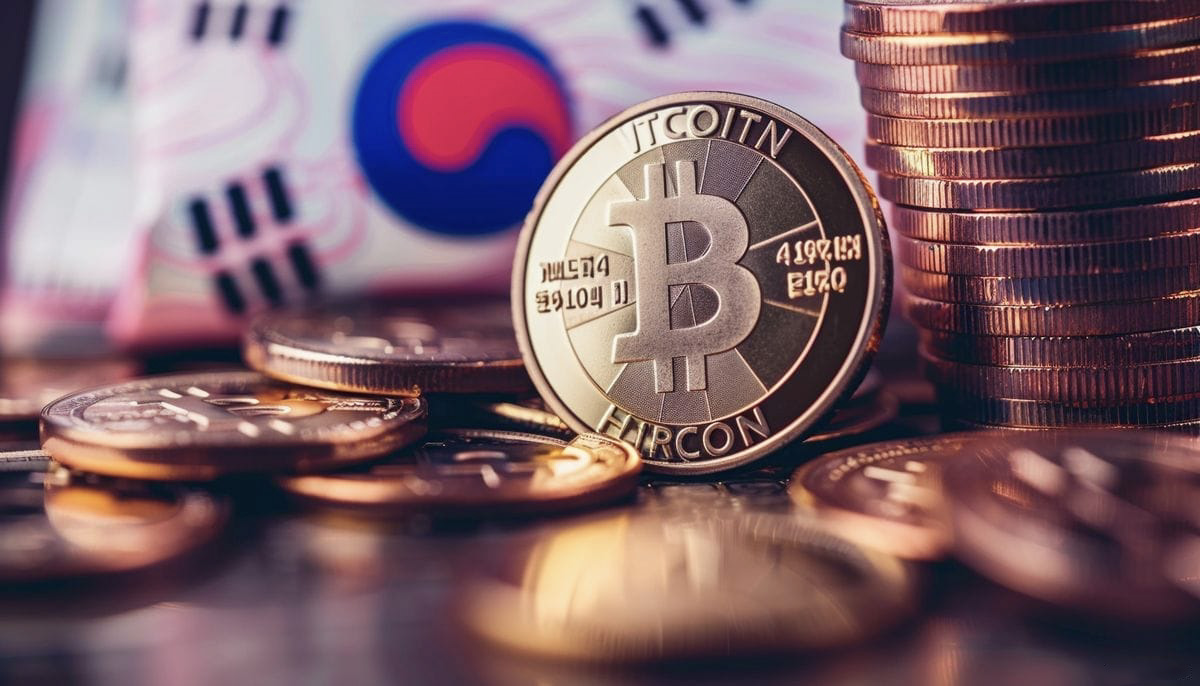
In order to garner support before the parliamentary election, political campaigns in South Korea are taking advantage of the nation’s thriving cryptocurrency market. Campaign platforms from President Yoon Suk Yeol’s People Power Party and the opposition Democratic Party both contain promises pertaining to cryptocurrencies. The People Power Party, which understands the significance of the cryptocurrency industry to voters, has promised to postpone the introduction of a digital asset tax. However, the Democratic Party has concentrated on removing limitations on exchange-traded funds (ETFs), which include those that contain Bitcoin products issued in the United States.
South Korea to Offer Exposure to ETFs
Democratic Party policy expert Hwanseok Choi said that their platform encourages the use of both domestic and foreign exchange-traded funds (ETFs), according to a Bloomberg article. After the US approved similar products in January, the decision to permit ETFs to invest directly in Bitcoin gained momentum. The assets held by these Bitcoin ETFs currently total about $57 billion. The securities regulator for South Korea, however, voiced worries that local brokerage of these products might be illegal, leading to confusion and adversely affecting the market. While the People Power Party’s manifesto does not specifically address this controversy, it does commit to delaying proposed cryptocurrency gains taxes past the 2025 deadline. South Korea is renowned for its enthusiasm for cryptocurrencies other than Bitcoin, and its citizens have actively participated in the recent cryptocurrency bull market. When it comes to trading volume, Upbit, the biggest cryptocurrency exchange in the country, is constantly ranked among the best worldwide platforms. Over $200 million was invested by South Koreans last month in MicroStrategy Inc.’s shares, a US-listed business that owns Bitcoin. They also expressed interest in the legal US crypto-futures exchange-traded funds (ETFs).
South Korean Candidates Own Digital Assets
It is interesting to note that election candidates themselves are exposed to cryptocurrencies; a Yonhap report that examined their asset disclosures found that 7% of them owned digital assets. Despite the high risk involved in the cryptocurrency market, recent gains have eclipsed previous setbacks. In July, South Korea will put into effect a framework designed to protect investors, and both major political parties have stated that they plan to pursue more extensive industry regulation. It was recently reported that stricter regulations, including the blocking of tokens that have been hacked, are about to be implemented by South Korea for token listing on exchanges. By the end of this month or the beginning of next, the nation’s financial authorities hope to publish guidelines supporting virtual asset trading. The soon-to-be guidelines state that virtual assets with a track record of security lapses or hacking will not be allowed to be listed until the incident’s cause has been satisfactorily addressed and damages have been made whole. In addition, the guidelines stipulate that a white paper or technical manual intended for domestic use must be available before foreign virtual assets can be listed. For more than two years, virtual assets traded on foreign exchanges have been subject to an exception clause.















1 Comment